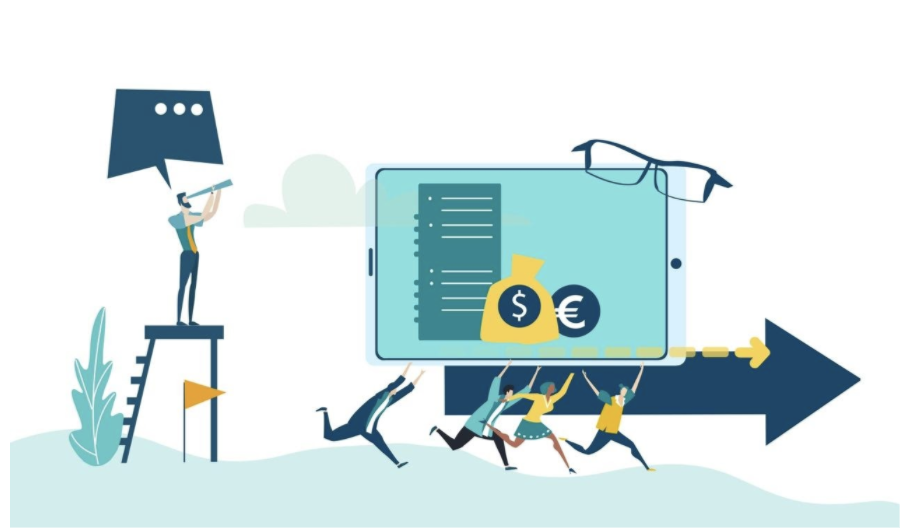New amendments from the Securities and Exchange Commission (SEC) will expand the pool of eligible investors available for private offerings, benefiting both would-be investors and companies looking to raise capital. Towards the end of last year, the SEC proposed amendments to its definition of “accredited investor” in Securities Act Rules 215 and 501(a), and to the definition of “qualified institutional buyer” (QIB) in Rule 144A.3 T. The amendments, confirmed on August 26, make more investors eligible, as “accredited investors,” to participate in private capital markets.
The original definition of “accredited investor” limited investment in private offerings to those people with specific income or net worth. Previously, would-be investors were assessed on their financial profile, usually requiring a minimum income of $200,000 (or $300,000 for spouses), or a minimum net worth or asset ownership of $1 million, either individually or jointly. With the new amendments, both individual and institutional investors who don’t pass the existing tests for income or net worth but meet defined measures of professional knowledge, or expertise, may now qualify to be “accredited investors.”
Continue reading “SEC Amendments Widen Access to Lucrative Private Markets for Investors”






